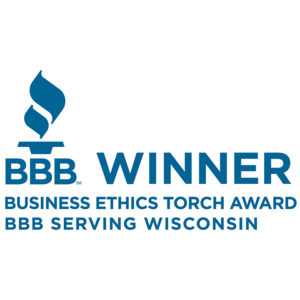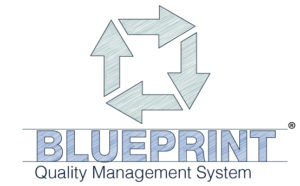Sometimes you get what you ask for! When 21 declarations were filed to the Federal Communications Commission (FCC) for clarification of an administrative rule, the result the FCC commissioners provided us made certain aspects muddier with others opened up companies for additional potential litigation that did not exist before.
Let’s start at the beginning. The Telephone Consumer Protection Act (TCPA) was enacted in 1991. It amended the Communications Act of 1934. The TCPA restricts telephone solicitations (i.e., telemarketing) and the use of automated telephone equipment. The TCPA limits the use of automatic dialing systems, artificial or prerecorded voice messages, SMS text messages, and fax machines. It also specifies several technical requirements for fax machines, autocontact platforms, and voice messaging systems. That was in 1991. Just think of the additional communication tools we use today that were not in place in 1991, which is where the root of the problem lies.
In July of 2015, the FCC released their rulings. Here are some of the highlights – or lowlights – as they may be interpreted.
The areas of the TCPA that were clarified are as follow:
- AutoContact platforms – Capacity: Capacity of an autocontact platform is not limited to its current configuration, but also includes its potential functionalities, i.e. its future ability to be modified to have the requisite capacity.
- AutoContact platforms – Predictive Contact platforms: All predictive contact platforms are categorically an ATDS (automated telephone dialing system), regardless of whether they possess the statutory elements at the time a call is made. Result? The industry needs to go back to the rotary dialing phone; this was an example the FCC used.
- Reassigned Numbers: Companies have a one call safe harbor, meaning one attempt to make a call as a safe harbor to a cell that has been reassigned to the incorrect party. This single call covers the company and any affiliates.
- Consent – Revocation: The ability to revoke consent is a new feature of the TCPA. The consumer has the right to revoke prior consent to receive “robocalls” in any reasonable way at any time. Reasonableness is not clearly defined, this includes the right for oral revocation.
- Consent – Porting to a wireless number: When a consumer ports a phone number to a wireless device, consent does not follow unless it is wireless to wireless and prior consent was given.
- Other – Reaffirmations: There is no distinction between telemarketing calls and information calls. Text messages are considered calls.
- Other – Exemptions: There are some exceptions for certain financial service calls. Examples provided include fraud, identity theft, and data breaches as well as certain healthcare-related calls such as prescription refill reminders and appointment notifications. These calls must provide for a means to opt out.
- Other – Call blocking technology: Carriers can offer “robocall-blocking” technologies to consumers. The FCC gives the go-ahead for carriers to implement market-based solutions that consumers can use to stop unwanted “robocalls”.
The biggest concern as it relates to the industry working closely with the providers is the need to ensure that consent and revocation of consent to call a cell phone are shared between the parties at the point of account placement and immediately as consent/revocation occur to protect each other from unnecessary litigation.
ACA International and several other companies and associations have filed lawsuits against the FCC. The courts will decide the future of this law and how far-reaching it will be down the road.
Keeping an eye on this all may mean a black eye in the near-term. Regardless of how the courts rule, it will be important to get involved with your legislator to educate them on the impact this has on your patients and consumers.
About State Collection Service, Inc.
Since 1949, State Collection Service has provided quality collection service to countless healthcare organizations.
Through experience and innovation, State Collection Service has grown to become a tremendously credible and nationally-recognized collection agency offering services from pre-registration to bad debt. It is upon the basis of ethical behavior and a dedication to integrity that each State Collection Service employee works to uphold the company’s vision – Partnerships for a Lifetime.
*This article first appeared in “A State Collection Service, Inc. Newsletter Volume 21, Issue 3, Third Quarter 2015”















